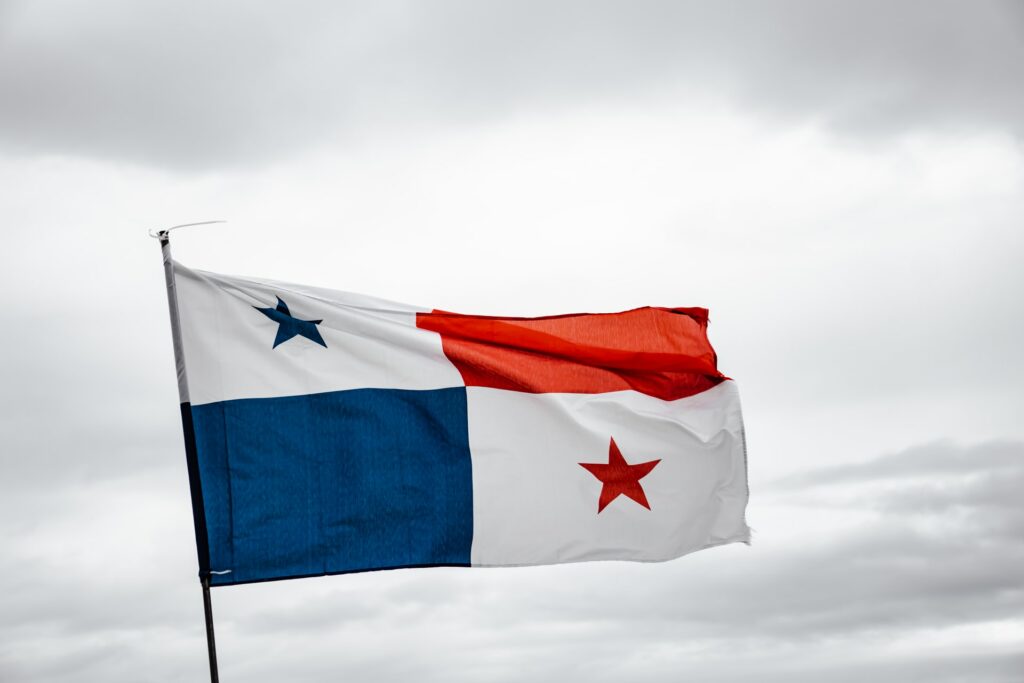
Key takeaways:
- Panamanian congressman Gabriel Silva proposes new crypto regulation that is in many ways similar to El Salvador’s ‘Bitcoin Law’
- Silva aims to increase transparency in the public sector and decrease the level of corruption by using blockchain technology
- The trend of countries passing new crypto-focused legislation is gaining steam
Just a day after El Salvador officially adopted Bitcoin as its national currency alongside the US dollar, Panamanian Congressman Gabriel Silva introduced new legislation that would make crypto-assets legal and provide the legal framework for their regulatory and fiscal applications.
Panama becomes the latest country looking to reap the benefits of the blockchain sector
The congressman took to Twitter to make his proposition of the new law, named “Crypto Law: Making Panama Compatible with the digital economy, blockchain, crypto assets, and the internet”, public. Silva listed several benefits of the new crypto law, including new job opportunities and the potential to bring forth a higher level of transparency in the public sector.
The Central American nation thus becomes the third country in the region to turn to Bitcoin and other digital currencies in an effort to bolster economic growth and attract foreign investment, after El Salvador and Cuba. Panama’s new legislation differs from Salvadoran Bitcoin Law in a few key aspects, most notably in the way that blockchain technology will be used to improve on existing identity and transparency systems and to decrease the level of corruption.
Ukraine joins the growing list of countries that are betting on the success of crypto
On the same day as Panama, Ukraine successfully passed its version of cryptocurrency legislation. The Eastern European nation hopes that legitimizing the blockchain sector will create a powerful incentive for foreign crypto businesses to set up shop within the country’s borders. “I am sure that society, business, and the state will benefit from the legalization of the new sector of the economy,” said Oleksandr Bornyakov, deputy minister of Digital Transformation of Ukraine.
Over the course of last month, El Salvador, Ukraine, Panama, and Cuba all made different levels of commitment to cryptocurrency assets. El Salvador experienced a rocky start to its first week of Bitcoin adoption as the world’s largest crypto dropped from $52,500 to $43,600 since the law came into effect. The situation in El Salvador will surely be closely monitored by countries looking to recognize Bitcoin as a national currency.



